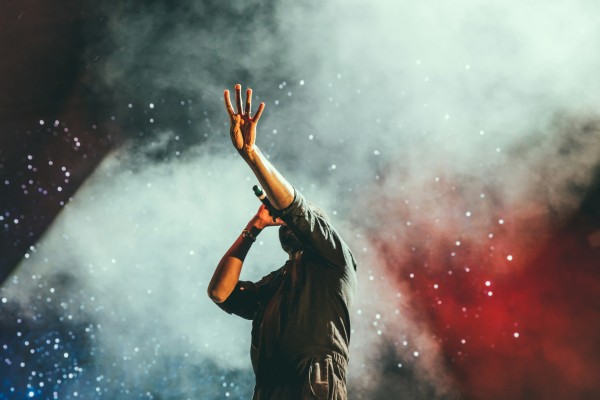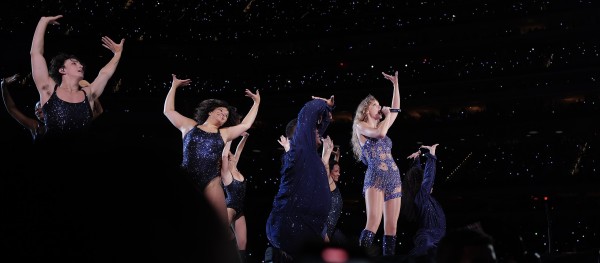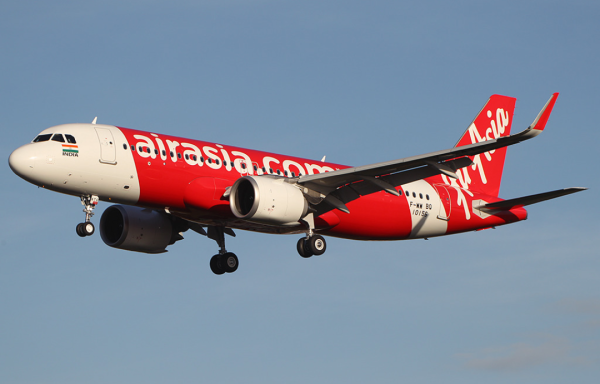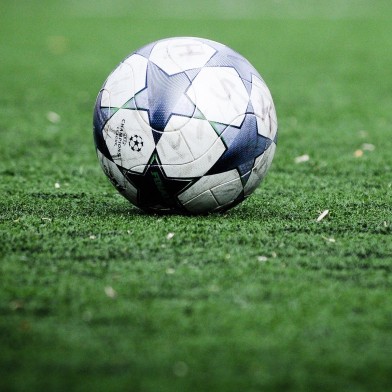When Bruno Mars hit his first high note at MGM Cotai in Macau on 6 January, he raised the curtain on Asia’s biggest year for Concert Tourism. Mars, a multi-Grammy winning, US-based megastar whose mother is from the Philippines, embodies Asia’s new pop wave, which blends global and regional rhythms. Promoted as “an exclusive one-night concert,” his promoter utilised the hottest current adjective in the Asian travel industry.
Regional tourism boards are building spiralling demand for concert tickets into their marketing strategies. In turn, governments are providing financial support to attract A-list Asian and international artists. As a result, Concert Tourism is highly competitive. Destinations like Singapore, Shanghai, Tokyo, Seoul, Macau, Bangkok, Jakarta and Hong Kong want the biggest names to play “exclusive” concerts as a point of differentiation.

Concert tourism is taking centre stage across travel destinations in Asia. Photo by Austin Neill on Unsplash
The catalyst for this approach is, of course, Taylor Swift, who grabs global headlines for the impact on visitor economies whenever her Eras Tour hits town. In Asia, her promoter AEG carefully selected four cities, Tokyo, Melbourne, Sydney and Singapore, to maximise concert attendance, and attract fans from across the region. Singapore’s tourism bonanza began last July, when tickets went on sale for her six concerts in early March 2024 at the National Stadium. Eight months out, 26 percent of Singapore’s hotel rooms were already pre-booked.
Pop Meets Politics
Sold-out stadium concerts by radio-friendly performers are not new to this part of the world. Taylor Swift last toured in 2018, playing shows in Australia, New Zealand and Japan – but noticeably skipping South East Asia. This is a new era, though, and the contexts have changed. Protracted Covid border closures across the Asia Pacific emphasised to governments the economic, social and political value of their visitor economies. Regionally, the post-pandemic recovery still lags in Europe and North America. As 2024 sees the world complete a five-year Covid cycle, several Asia Pacific nations may not match their 2019 tourist arrivals.
Consequently, concerts are viewed as a powerful tool for attracting young fans, families, corporate sponsors and business travellers – and generating concentrated spending across a short period of time. Economists at Maybank and DBS forecast Swift’s six Singapore concerts could contribute up to $SGD500 million ($NZD603 million) to the economy.

Taylor Swift's Eras concert tour has been breaking global records and is seen as a major economic draw for the locations she performs in. Image: Paolo Villanueva/Wikimedia Commons
The topic is circulating at the highest political level. Last week, Thailand’s Prime Minister, Srettha Thavisin, stated publicly that Singapore paid a premium to ensure it would be the only destination for the Eras tour in South East Asia. The Singapore Tourism Board and Ministry of Culture, Community and Youth confirmed grant funding was provided. The Thai Prime Minister also vowed to permit alcohol consumption at concerts, a point of distinction from Malaysia and Indonesia, whose governments would be unlikely to make such a pledge.
Last December, Indonesian President Joko Widodo established a Tourism Fund to promote tourism through concerts and events. In February, the Ministry of Finance agreed to inject $IDR2 trillion ($NZD208 million), which Sandiaga Uno, Minister of Tourism and Creative Economy, said would support bids to host major events that “bolster Indonesia's image in the eyes of the world.”
“One-stop” Concert Experiences
In addition to governments and tourism boards, the travel industry is jumping onstage. “From music festivals to exotic adventures, Chinese travellers are increasingly seeking more than just a typical gateway,” said Jane Sun, CEO of Trip.com, during the company’s 2023 Annual Report earnings call on 22 February. “They are craving for immersive cultural experiences, thrilling adventures and music euphoria.”
In 2023, Chinese OTA Tongcheng launched “one-stop concert experiences”, including accommodation, limousine transfers and tickets for Taiwanese superstar Jay Chou’s concert in Bangkok during his Carnival world tour. Hong Kong-based travel experiences platform Klook offers concierge-style group tours to South Korea to see K-Pop concerts, and is the Official Experiences Partner for Taylor Swift’s shows in Singapore. AirAsia recently launched the MoveTix app platform offering concert and event tickets and related travel experiences.

Air Asia has recently launched its MoveTix app platform. Image: Wikimedia Commons
New concert infrastructure is developing as the battle intensifies to secure showstopping stars. Hong Kong is constructing Kai Tak Sports Park, a 50,000-seat stadium and concert venue slated to open in 2025 as part of a strategy to boost the tourism economy. In February, Ed Sheeran played the first concert at the new 6,000-seat UOB Live arena in Bangkok.
Meanwhile, the Inspire entertainment resort on Yeongjong Island in South Korea will kick off its 2024 concert series with two shows by Maroon 5 in March. Promoted as “Korea’s first dedicated performance hall,” the 15,000-seat Inspire Arena aims to attract domestic and overseas music fans to shows by K-pop stars and international artists.
Making Music and Travel Macau
As concert tourism heats up, perhaps the region’s most eclectic strategy is in Macau. Famous for its glitzy casino resorts, Macau is shifting lanes. The ten-year licenses of the six casino resort operators – Sands China, Wynn Macau, Galaxy Entertainment, MGM China, Melco Resorts and SJM Holdings – were renewed in November 2022 on condition that each firm invests substantially in non-gaming areas, such as concerts, sports events, conferences and exhibitions.
Consequently, there is a new thrust for developing concerts as a lifestyle genre. In October, Macau launched the Hush! beach concert series featuring rock, electronic, rhythm and blues, hip-hop and jazz performances to attract mainland Chinese Gen Zs. China contributed 68 percent of Macau’s 28.2 million visitors last year, with 26 percent coming from Hong Kong.
In 2024, Macau promises a packed calendar of live pop shows. A good example is Galaxy Macau, an integrated resort featuring eight luxury hotels, gaming, dining, entertainment, shopping and MICE facilities, plus the Galaxy Macau Arena.
Galaxy Arena Image: Wikimedia Commons
Opened in 2023, the 16,000-seat venue is the largest indoor venue in Macau. It has hosted concerts by Blackpink, One Republic, K-pop bands like Enhyphen and NCT 127, Cantopop icon Miriam Yeung and Mandopop boyband TNT. In 2024, the venue will host around 50 shows.
Demand for concert tickets is strong, but the market is still fine-tuning. With more concerts taking place, venues are looking at how many the city can handle at any one time, even though it counts a large, ticket-hungry source market in mainland China. Most concerts are on weekends to drive visitors, although weekday concerts are popular during public holidays.
Macau wants to attract a more diverse tourist mix to reduce its reliance on Chinese visitors. Given the regional buzz created by acts like Taylor Swift and Coldplay when they play Singapore or Bangkok, and Bruno Mars when he took to the stage in in Macau, bringing in more global superstars alongside Asian pop hotshots could be Macau’s next strategic play.
- Asia Media Centre


